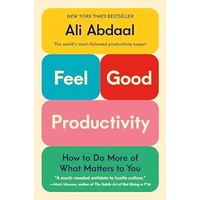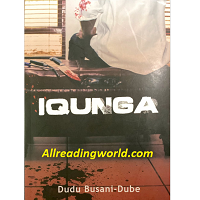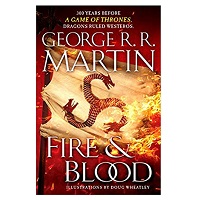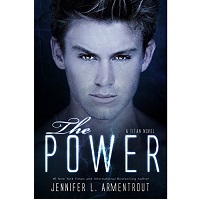Feel-Good Productivity by Ali Abdaal EPUB & PDF – eBook Details Online
- Status: Available for Free Download
- Author: Ali Abdaal
- Language: English
- Genre: Time Management in Business
- Format: PDF / EPUB
- Size: 2 MB
- Price: Free
PLAY
On paper, everything about Professor Richard Feynman’s career looked
perfect. Aged just twenty-seven, he was already being hailed as one of the
greatest physicists of his generation – the man most likely to work out how
to harness the potential of nuclear energy. Now, he’d been appointed one of
the youngest professors at Cornell University in upstate New York.
There was just one problem. He was bored of physics.
The issue had started in the mid-1940s. Every time he sat down to think,
he just felt tired. It had begun when Feynman’s wife, Arline, died of
tuberculosis in June 1945, months before the end of World War Two in
America. After her death, all the music in the young professor’s life faded
away. The ideas that had so animated him as a doctoral student felt dull and
flat. Even though he was good at teaching, it felt like a bore and a chore. ‘I
had simply burned myself out,’ he later recalled.
‘I’d go over to the library a lot and read through the Arabian Nights,’ he
wrote. ‘But when it came time to do some research, I couldn’t get to work. I
was not interested.’
It was pretty easy doing nothing, he found. He still liked teaching
undergraduates, sitting in the library reading and wandering around campus.
He just didn’t like working. Easy enough. By the late 1940s, Feynman had
reconciled himself to a new identity: a physics professor who didn’t do any
physics.
Until, one day, everything changed. A few years after his problems
started, Feynman was sitting in the university cafeteria, alone, opposite a
group of students. One of them was repeatedly throwing a plate up in the
air. Feynman noticed something odd. While the plate was airborne, it
wobbled. But the Cornell logo inscribed on the plate seemed to wobble
faster than the plate itself.
Curious, Feynman thought. But not exactly Nobel Prize-worthy. He was
the man who had helped crack the code of nuclear fission; he wasn’t
supposed to be theorising the characteristics of airborne crockery. But this
moment of curiosity sparked a minor epiphany. He began to reflect on what
had drawn him to his subject in the first place. ‘I used to enjoy doing
physics,’ he later recollected.
‘Why did I enjoy it? I used to play with it. I used to do whatever I felt
like doing – it didn’t have to do with whether it was important for the
development of nuclear physics, but whether it was interesting and amusing
for me to play with.’
After leaving the cafeteria, Feynman found himself reminiscing about
how he’d seen the world as a teenager. When he was in high school, the
things that had most fascinated him about the world had seemed mundane
to others. He would see water growing narrower the further it got from the
tap and wonder if he could figure out what determined that curve. ‘I didn’t
have to do it; it wasn’t important for the future of science; somebody else
had already done it,’ he said. ‘That didn’t make any difference: I’d invent
things and play with things for my own entertainment.’
For More Read Download This Book
EPUB



